Who?
Nicolé at
Where?
Berlin-Mitte, Germany
What?
"Change rocks. But it doesn't work without stability. This neighborhood has been going through a lot of change in the past twenty years. I am glad you guys have stuck around, day after day, and endured one hip phenomenon after another."
How did she react?
She sighed. "Thank you. You know this Kiez is crazy. I have four kids and we've been here for ten years now. You couldn't possibly imagine how much actually has changed. Such a lot of crime these days! Our house has got broken into twice this year."
How did I feel?
I was born and raised in Berlin and Potsdam, Germany. Berlin and I have been in a love-hate-relationship for some years now. It's a long story. Parts of it are being repeated over and over in conversations, blogs and newspapers: Gentrification, 21st century urban narcissism, hypes around superficial flashlights. Parts of it are my personal story. This Saturday I visited an old Kiez of mine in Mitte. Before I was born that neighborhood was in the GDR. Once the wall came down it was a poor neighborhood. Artists came. In the nineties it was one of the first Kiezes to be gentrified: Advertisement offices, art galleries and coffee shops opened at Rosenthaler Platz, Auguststraße and Linienstraße. Nowadays Americans who can cover the rack rents sit in Cafés and have their Soy Latte. Tourists stroll around the streets. Natives benefiting from rent control- a lot of people's leases go back to GDR times- hang out on the playground at Koppenplatz with their kids. Nicolé is one of them.
Yesterday I took a walk through the Kiez. I hadn't been there in years. The sun was shining, the streets glimmering. I enjoyed the mixture of GDR buildings and refurbished new ones. Yet I didn't feel comfortable. Everything around me said "money" and "status": Size zero ladies in designer dresses passed, dictating orders into their Iphones. One checked me out from top to bottom. Her expression: Impassive. Everyone was busy talking on their phones or texting. I tried smiling at people. No one smiled back.
Nicolé at
Where?
Berlin-Mitte, Germany
What?
"Change rocks. But it doesn't work without stability. This neighborhood has been going through a lot of change in the past twenty years. I am glad you guys have stuck around, day after day, and endured one hip phenomenon after another."
How did she react?
She sighed. "Thank you. You know this Kiez is crazy. I have four kids and we've been here for ten years now. You couldn't possibly imagine how much actually has changed. Such a lot of crime these days! Our house has got broken into twice this year."
How did I feel?
I was born and raised in Berlin and Potsdam, Germany. Berlin and I have been in a love-hate-relationship for some years now. It's a long story. Parts of it are being repeated over and over in conversations, blogs and newspapers: Gentrification, 21st century urban narcissism, hypes around superficial flashlights. Parts of it are my personal story. This Saturday I visited an old Kiez of mine in Mitte. Before I was born that neighborhood was in the GDR. Once the wall came down it was a poor neighborhood. Artists came. In the nineties it was one of the first Kiezes to be gentrified: Advertisement offices, art galleries and coffee shops opened at Rosenthaler Platz, Auguststraße and Linienstraße. Nowadays Americans who can cover the rack rents sit in Cafés and have their Soy Latte. Tourists stroll around the streets. Natives benefiting from rent control- a lot of people's leases go back to GDR times- hang out on the playground at Koppenplatz with their kids. Nicolé is one of them.
Yesterday I took a walk through the Kiez. I hadn't been there in years. The sun was shining, the streets glimmering. I enjoyed the mixture of GDR buildings and refurbished new ones. Yet I didn't feel comfortable. Everything around me said "money" and "status": Size zero ladies in designer dresses passed, dictating orders into their Iphones. One checked me out from top to bottom. Her expression: Impassive. Everyone was busy talking on their phones or texting. I tried smiling at people. No one smiled back.
Until I arrived at Koppenplatz where a boy worked a pump, giving everything he could. A sudden flash of joy filled me: I had done that exact same thing as a kid! Sighing, groaning, pushing, pulling and overfloating with happiness once the water appeared.
I went up to him and his dad, laughing, and telling them about my memories. We all grinned.
I walked further and started realizing how many things I remembered: The pink pipes! Of course! Before my mother explained to me that the Kanal water flows through them I used to imagine all kinds of sceneries and come up with a bunch of theories about the pipes. A bubble gum factory for giants forming their gum stripes through the pipes...? Or maybe there was sea water in there, connecting the baltic sea with the mediteranean sea? Or excrements, covered by a shiny, happy color..?
I walked further and started realizing how many things I remembered: The pink pipes! Of course! Before my mother explained to me that the Kanal water flows through them I used to imagine all kinds of sceneries and come up with a bunch of theories about the pipes. A bubble gum factory for giants forming their gum stripes through the pipes...? Or maybe there was sea water in there, connecting the baltic sea with the mediteranean sea? Or excrements, covered by a shiny, happy color..?
I remembered the Sechsenmaler! He paints sixes all over town. He was the first street artist whose art I ever consciously perceived: My stepfather told me about him when I was five. The same day he told me about the banana painter. I know the bananas are everywhere where there is art: On gallery fassades, museums etc. I don't think the sixes painter has any particular aim other than irritating people and making them leave their everday state of mind by surprising them with painted sixes. I remember counting his sixes for some years after becoming aware of them. I think I stopped at fivehundredsomething.
And of course I remembered the gumball machines. Now I can understand why my mother kept making a disgusted noise when I begged for some coins for the machine...
Every shop, every Café, every neighbor I had once known was gone. Even the great bakery at Koppenplatz' owner had changed! There was only one store I still remembered: GP Getränkemarkt. Full of nostalgia I entered and had a "back in the days" talk with Nicolé. She didn't want to be taken a picture of but she was down for some sharing. Her dialect was perfectly authentic and her face was open. She critizised a lot of the developments in her Kiez, concerned about her kids: Apparently there has been a lot of crime lately.
I was glad she was there. I think it's shops like that one and people like her that give a spot it's soul.
I was glad she was there. I think it's shops like that one and people like her that give a spot it's soul.
I bought an ice cold drink and walked on.
Enjoying some street art, creative solutions (donating rolls instead of deposit! Way to go..., s.below) and vivid moments. I didn't notice cold eyes anymore. These memories had turned my morning around, as had the compliment. Now all I saw was childhood joy and present optimism. And, of course, the sun. I was happy.
Enjoying some street art, creative solutions (donating rolls instead of deposit! Way to go..., s.below) and vivid moments. I didn't notice cold eyes anymore. These memories had turned my morning around, as had the compliment. Now all I saw was childhood joy and present optimism. And, of course, the sun. I was happy.
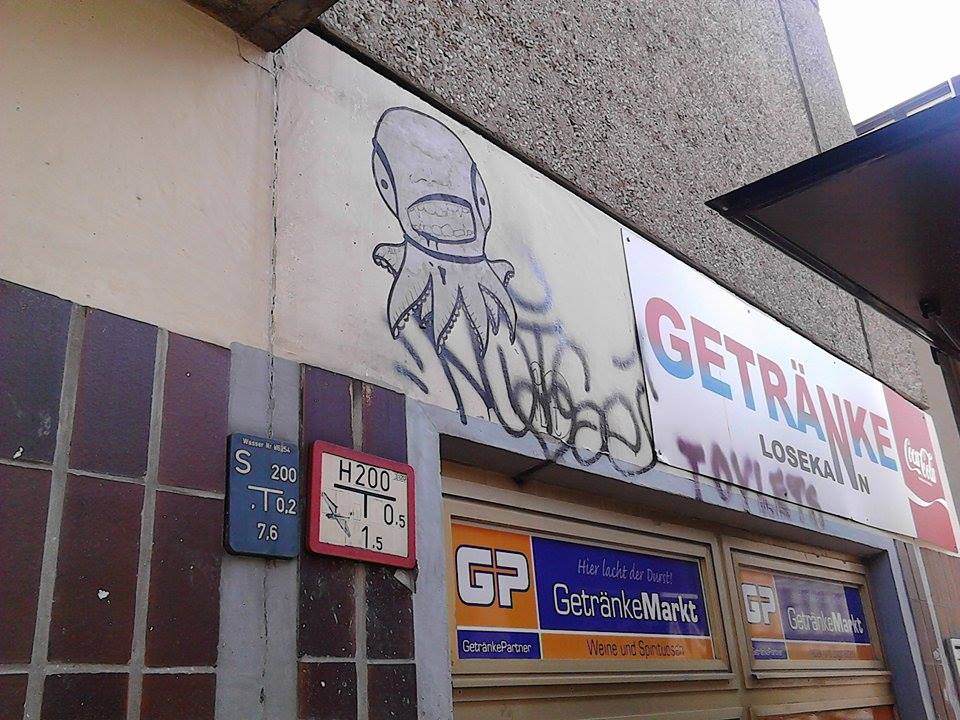
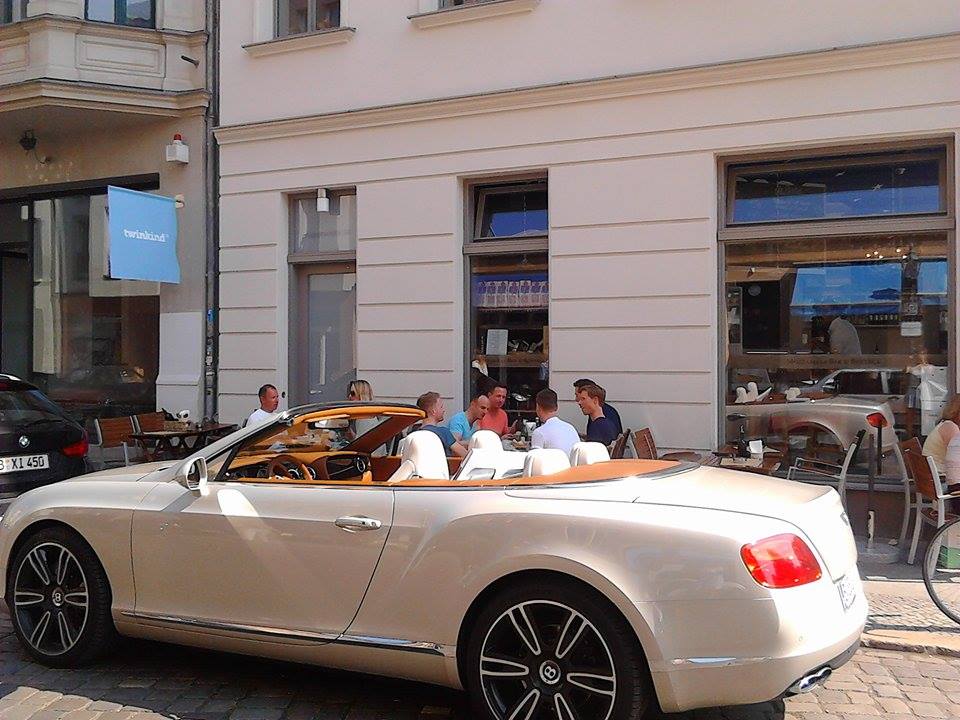
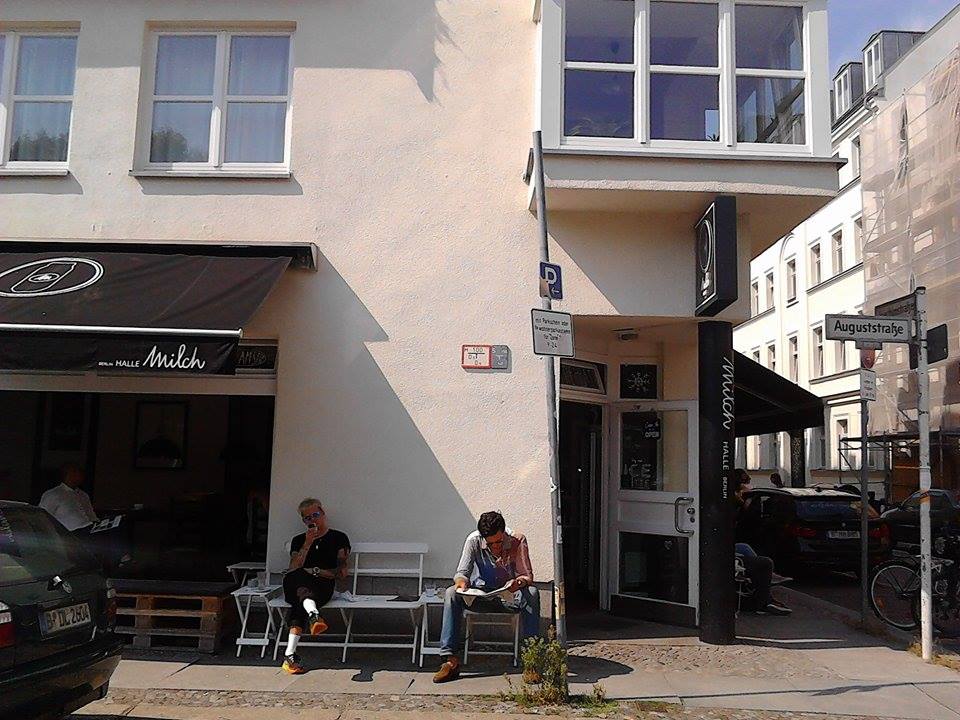
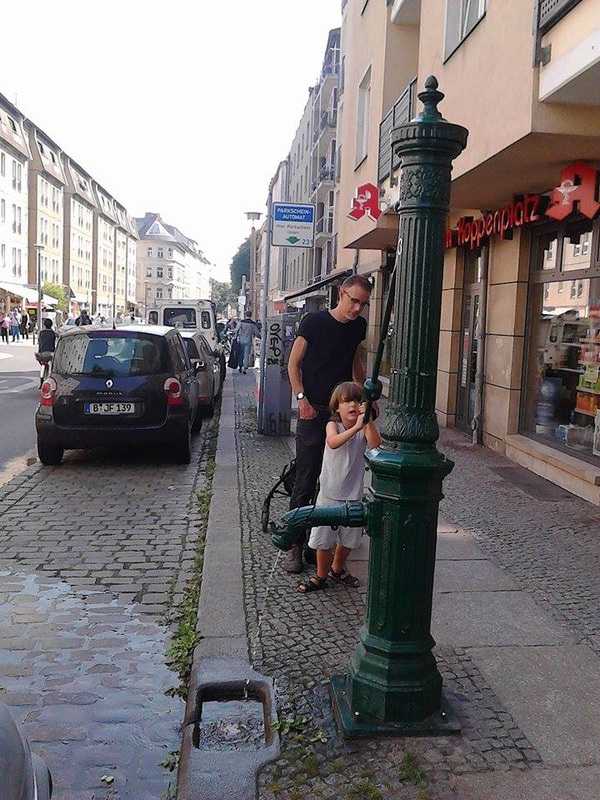
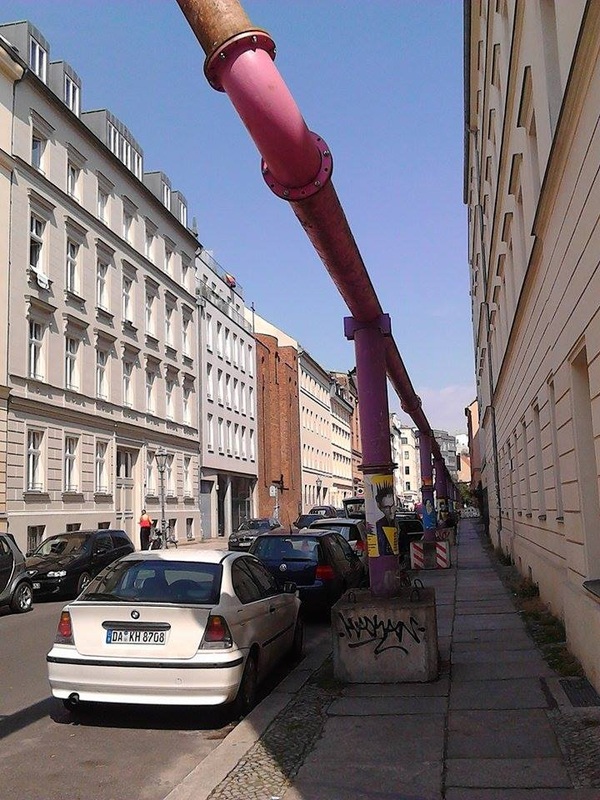
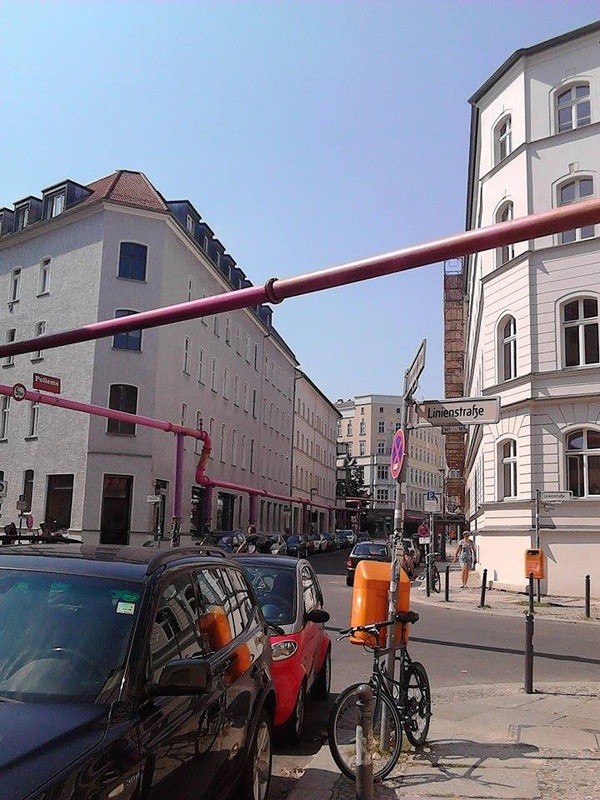
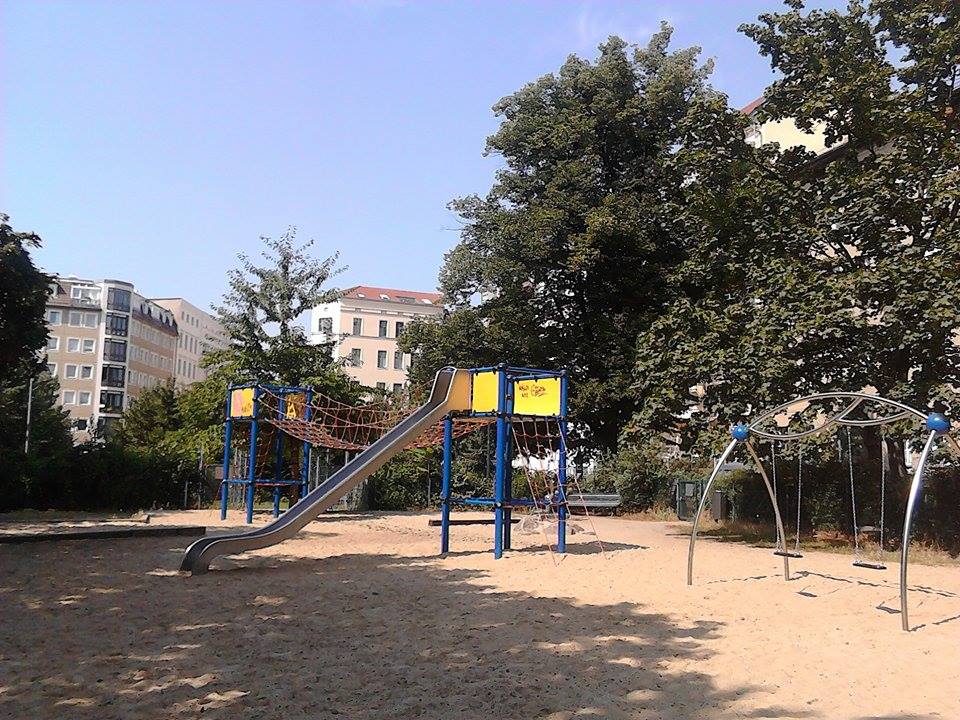
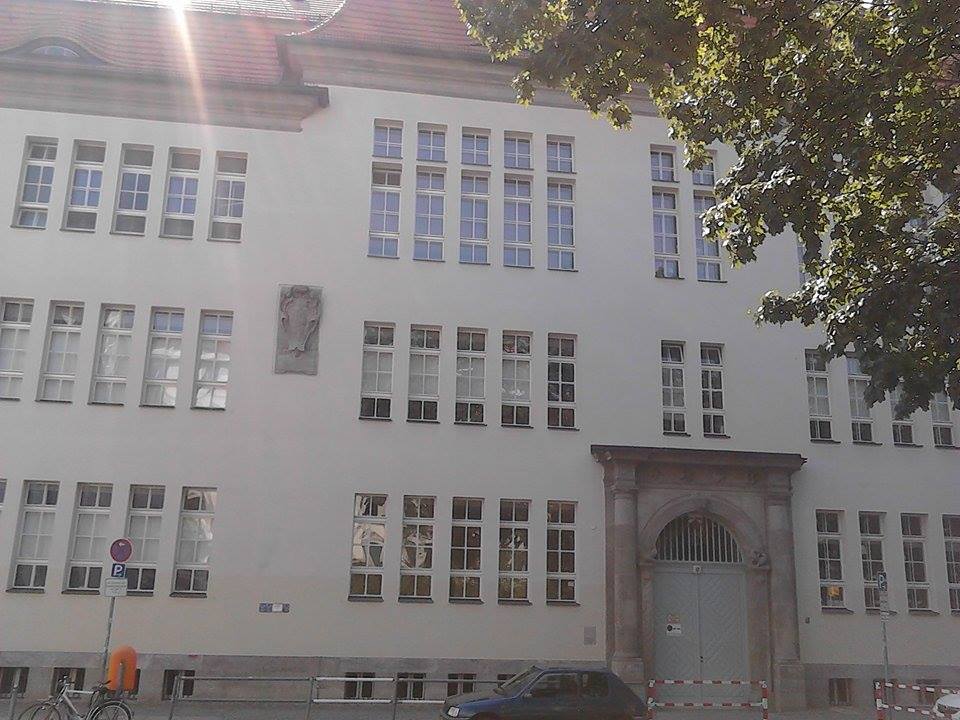
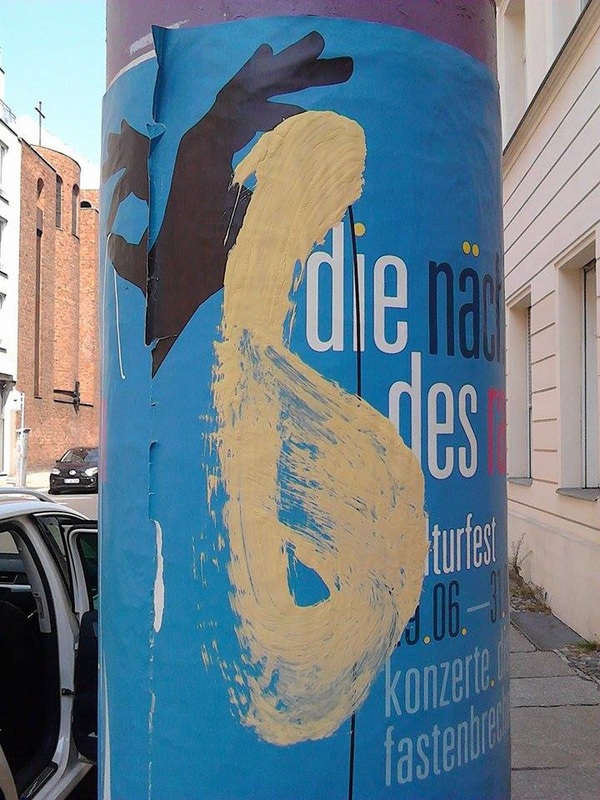
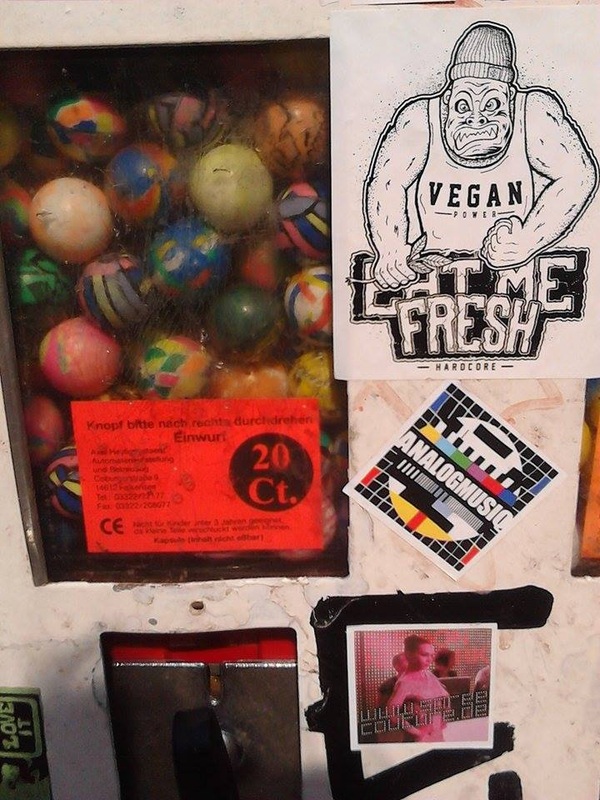
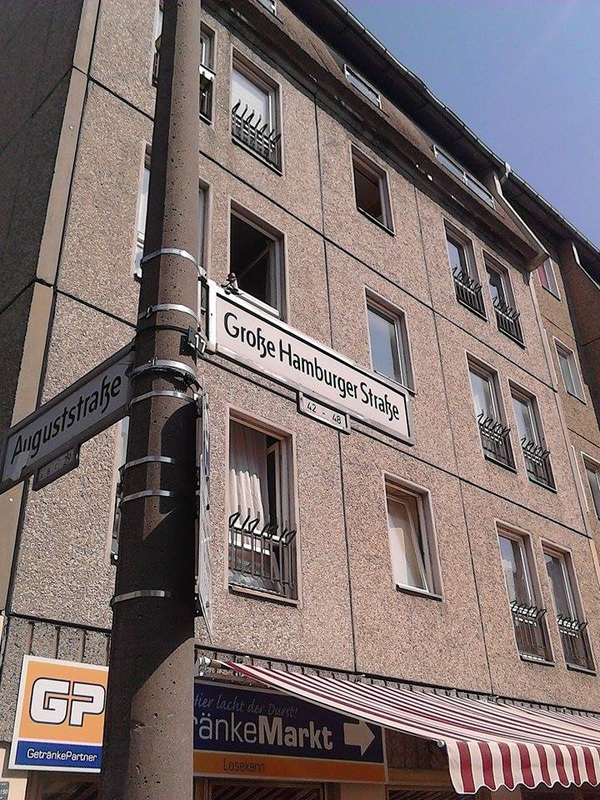
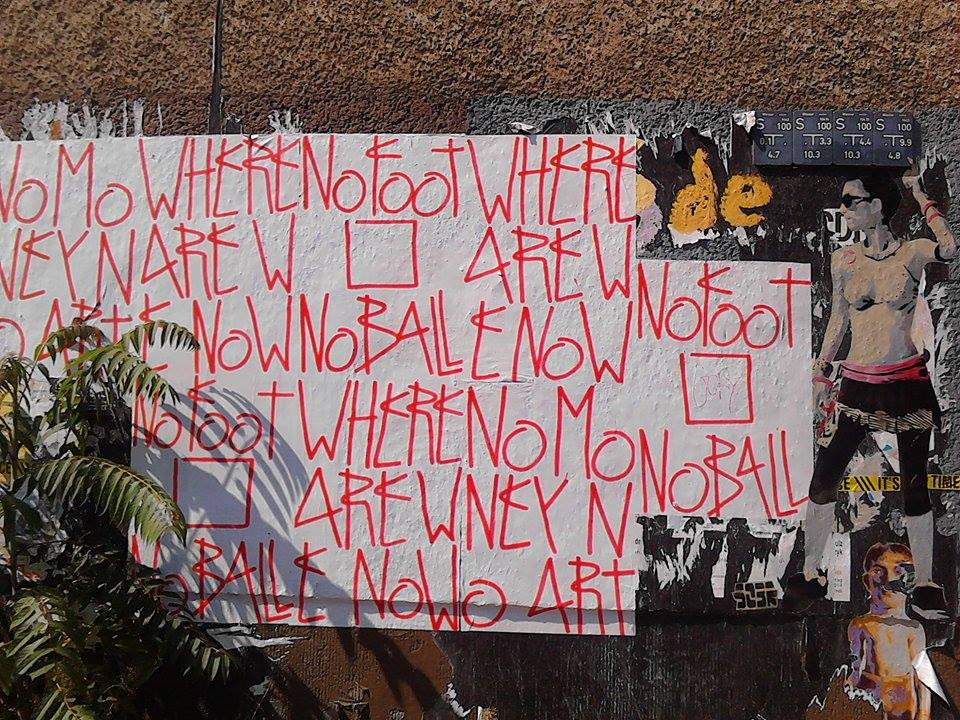
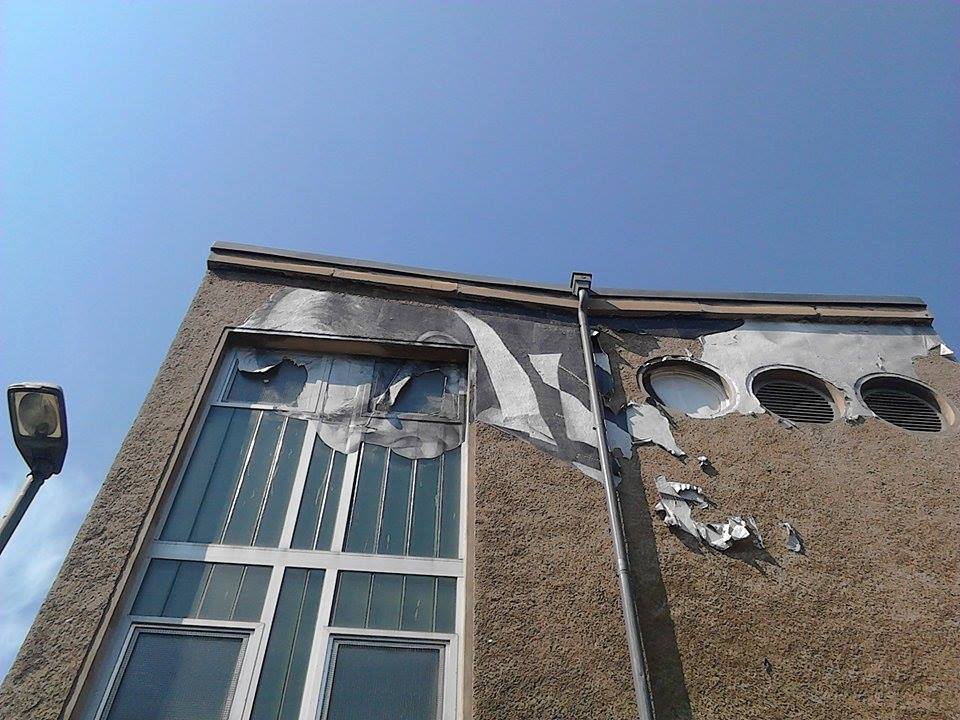
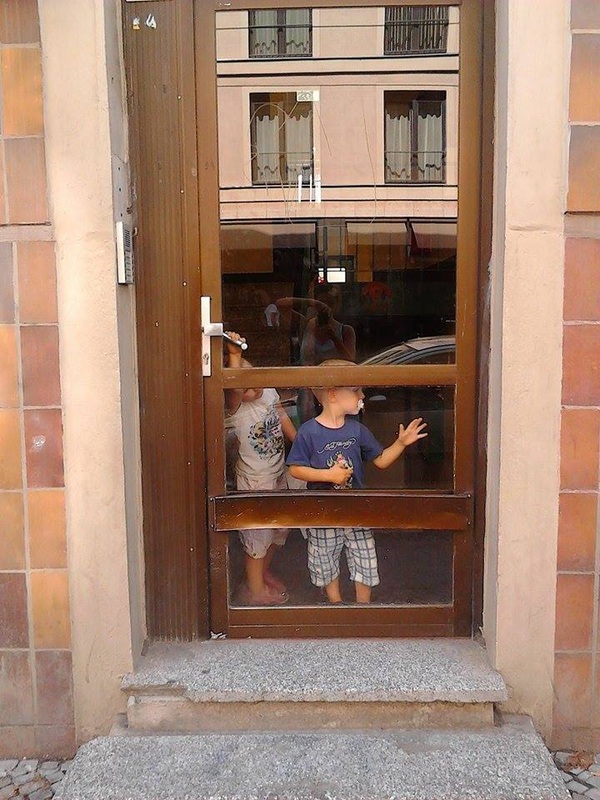
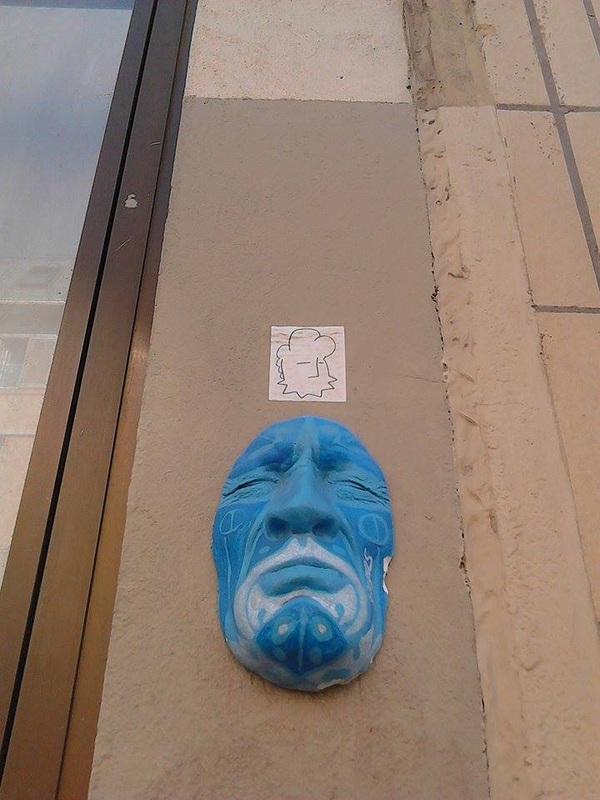
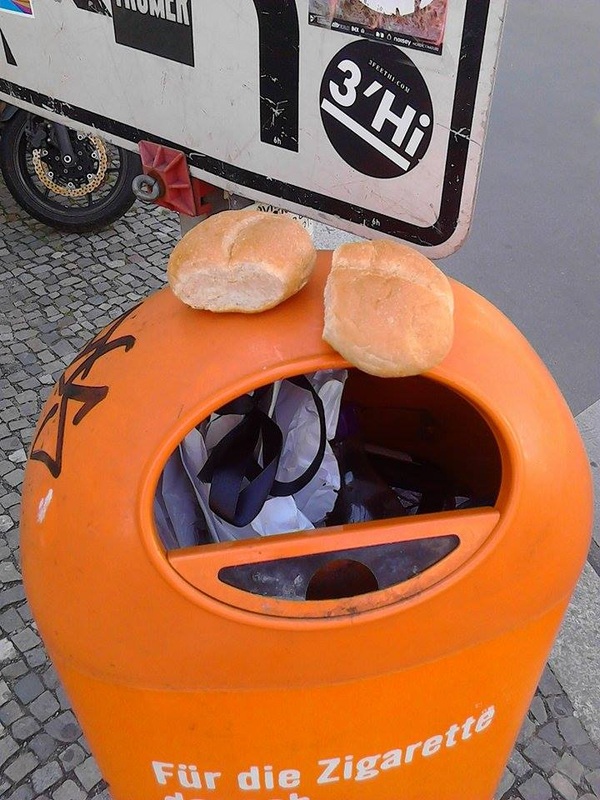
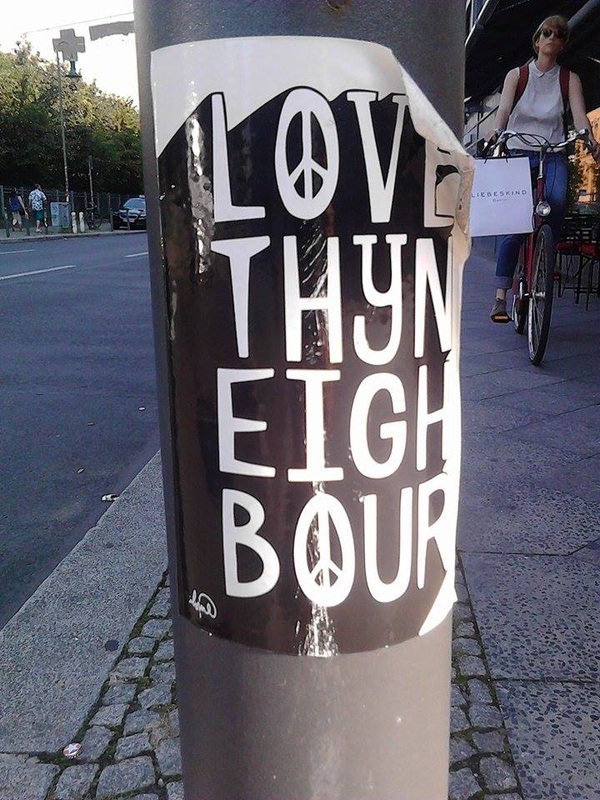
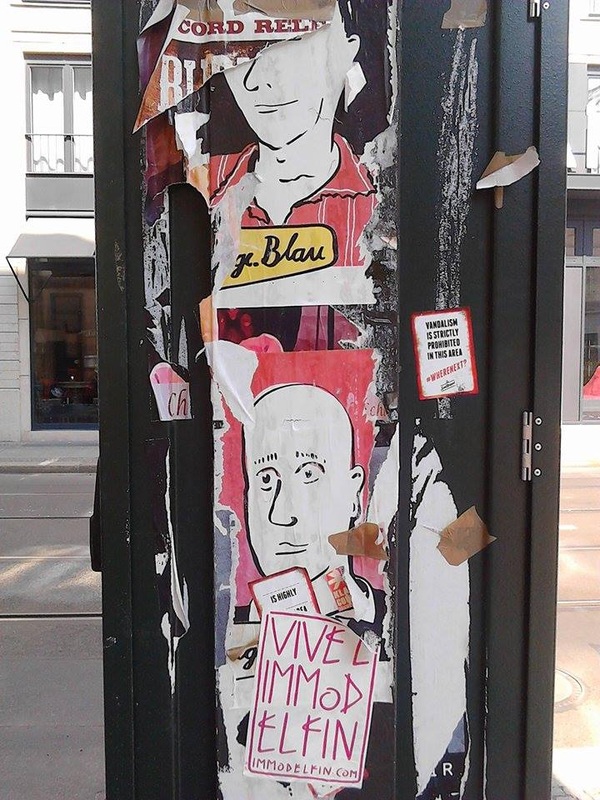
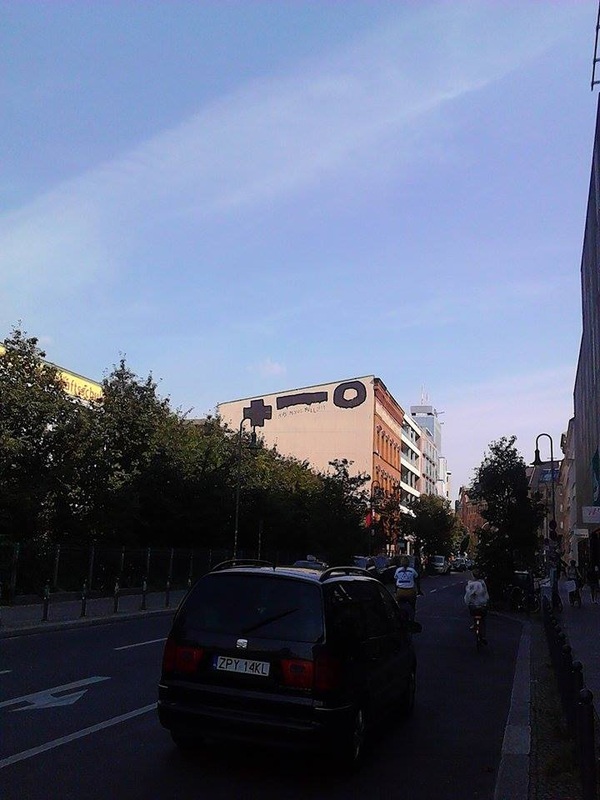
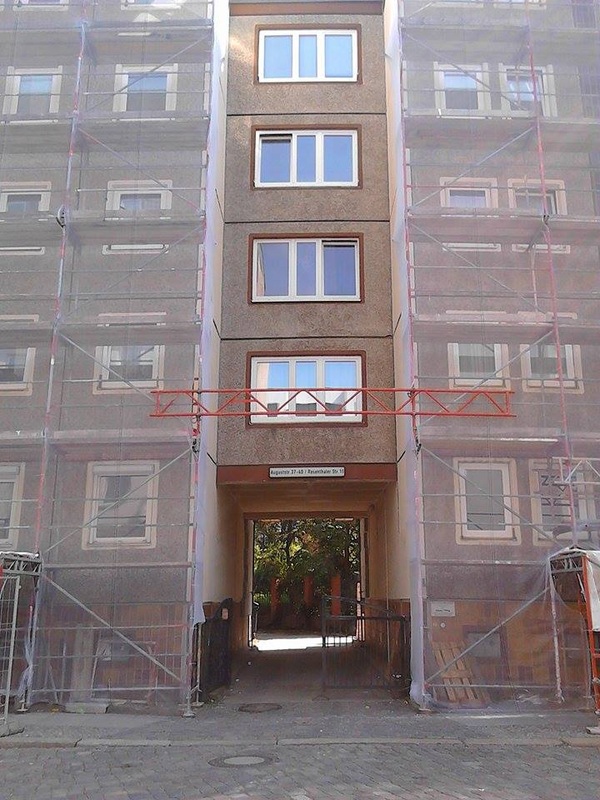
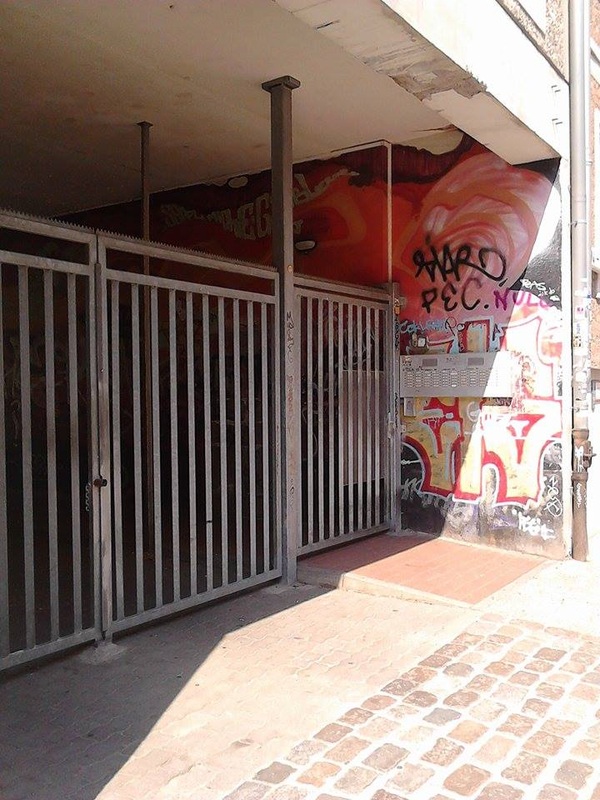
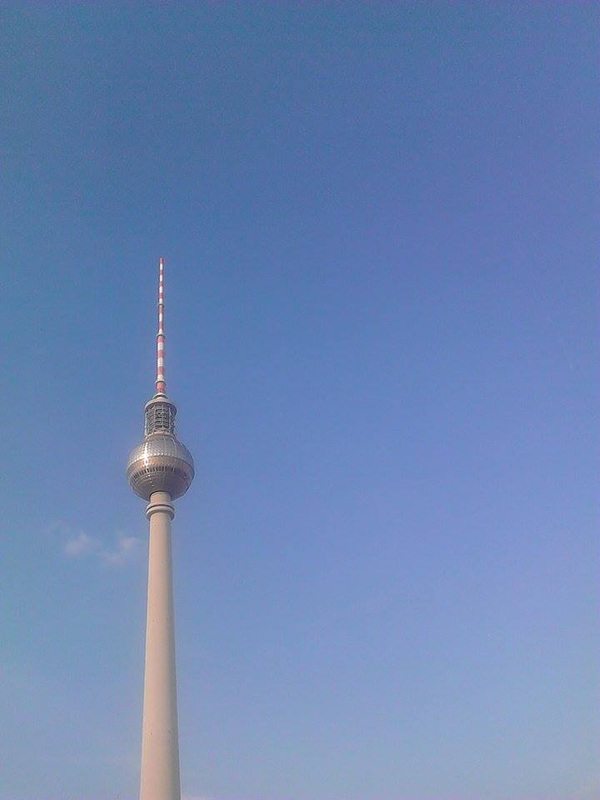
 RSS Feed
RSS Feed
